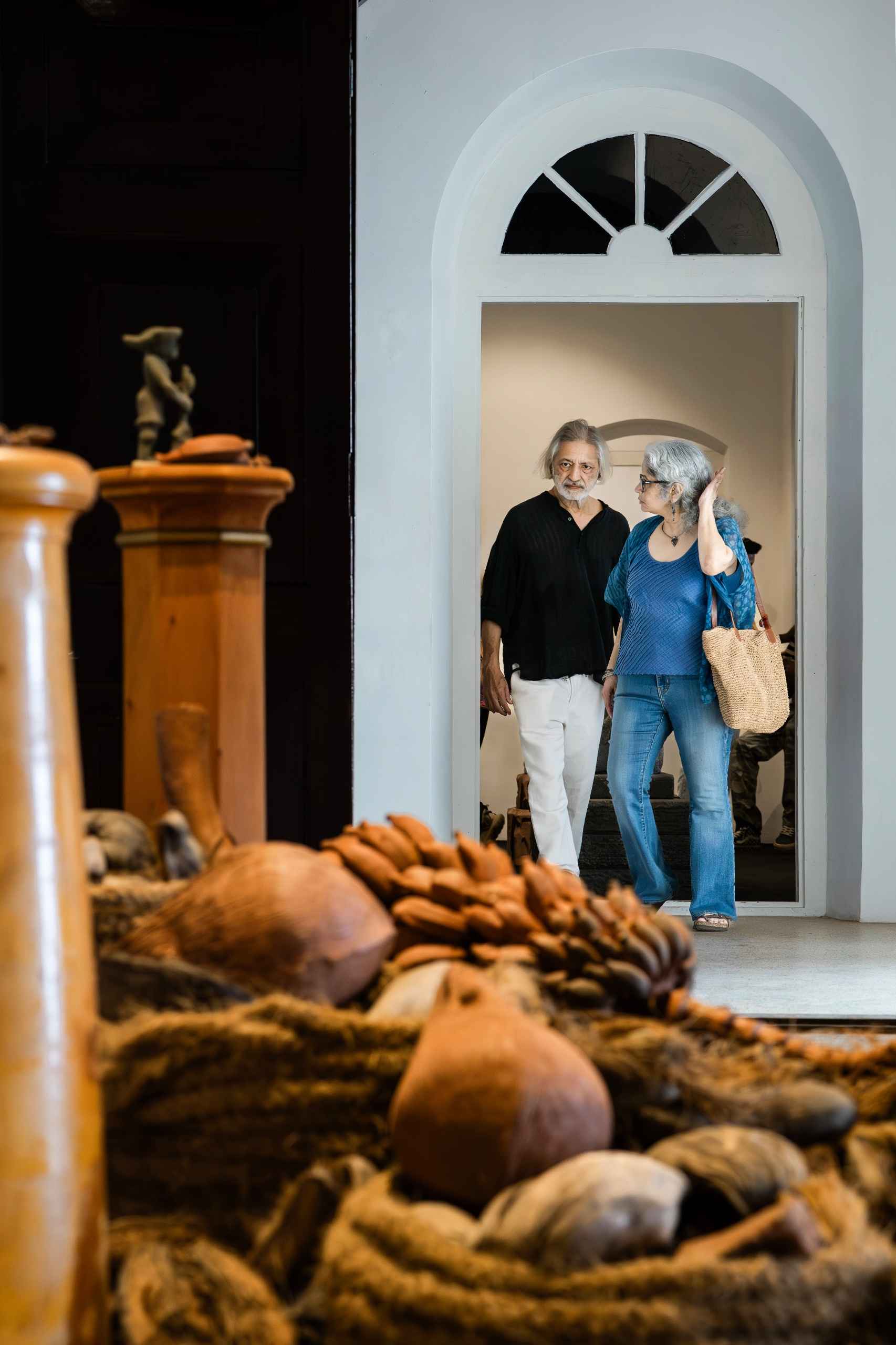Kerala targets 100 per cent door-to-door waste collection
Malinya Muktham Nava Keralam drive enters 2nd year, activities to be scaled up
Trivandrum / June 13, 2024
Thiruvananthapuram, June 13: Having made remarkable progress in sustainable waste management, Kerala’s ‘Malinya Muktham Nava Keralam’ campaign has entered its second year with innovative plans to scale up activities for the year ahead, including cent per cent door-to-door collection and development of a digital platform for end-to-end waste management.
Since its launch in March 2023, the campaign has made major strides in developing sustainable waste management systems across the state and ensuring support of the people in tackling the issue in a collaborative spirit.
A two-day workshop held here to mark the campaign advancing into the second year was attended by over 250 state and district level officials.
Addressing the participants, Dr. Venu V, Chief Secretary, Kerala, hailed the contributions of the ground level functionaries in making the campaign a big success, despite innumerable challenges on its way.
Smt Sarada Muraleedharan, Additional Chief Secretary, LSGD; Smt. Sharmila Mary Joseph, Principal Secretary, LSGD; Shri Mohammed Y Safirulla, Special Secretary, LSGD; Smt. Anupama TV, Special Secretary, LSGD; Shri SeeramSambasiva Rao, Principal Director, LSGD; Shri U V Jose, ED, Suchitwa Mission; and Shri Joy Elamon, DG, Kerala Institute of Local Administration (KILA) participated in the workshop.
The campaign, which set an inclusive model in waste collection, processing and repurposing, was launched in March last year, immediately after the Brahmapuram fire incident.
Many of the activities since then had been carried out on a “learning by doing” basis. One of its biggest achievements was a noticeable change in the attitude of the people towards waste management practices.
A movement that marked a key role for women, the Haritha Karma Sena (HKS), vastly comprising women engaged in collection of non- bio waste, received recognition as ambassadors of a sustainable waste management system.
More than 36,000 people, majority of them women, are now employed as HKS members. The average monthly income of an HKS member has gone up to Rs 15,000 from Rs. 2,000 to 4,000 per month before the launch of the campaign.
Another major achievement is the transition of the Harithamithram application into an all-inclusive digital platform. The government has initiated steps to integrate it into the K-Smart platform.
Though initially there was some resentment about the user fee for door- to- door collection of non-bio waste, effective interventions of the local self-governments and campaign teams succeeded in addressing the issue. An average 68 per cent households and other beneficiaries are paying the user fee now, against the 35 pc at the beginning.
Door to door collection has improved from 47% to 87% during the period. The state developed necessary infrastructure for waste management during this period, including 17393 mini MCFs, 1247 MCFs and 164 RRFs.
More than 1000 out of 1034 local bodies are now using the Harithamithram or equivalent applications for waste management. The number of people serviced through the application rose sharply to 40 lakhs from about 11 lakhs.
The Clean Kerala Company collected 47,548 tons of waste during the year compared to the 30,217 tons the previous year. As many as 36,450 enforcement activities were conducted and Rs. 4 crores imposed as penalty for violation of norms.
The campaign also made progress in developing sustainable solutions for management of special materials like sanitary waste.
During the year, the Government had engaged with all major stakeholders to ensure their cooperation for addressing the challenges inclusively.
For the year ahead, the campaign targets to bring in saturation, sustainability and a more positive behavioural change among the public towards scientific waste management.
Measures on the anvil for achieving saturation, sustainability and change in attitude towards waste management activities, include 100% door to door collection, developing modern infrastructure for waste management, more attention towards management of special waste, improving quality of services delivered and developing of waste management as an attractive employment opportunity.
Though the focus in the first year was on management of non-bio waste, greater attention will now be made to bio-waste as the campaign rolls on.
A detailed digital platform will be developed for end -to- end management of the waste and it will be integrated with K-Smart.
It is also planned to give public access to the live data of the campaign, making it more transparent and subject to the social audit, making the systems and practices more sustainable and effective.
Ends




